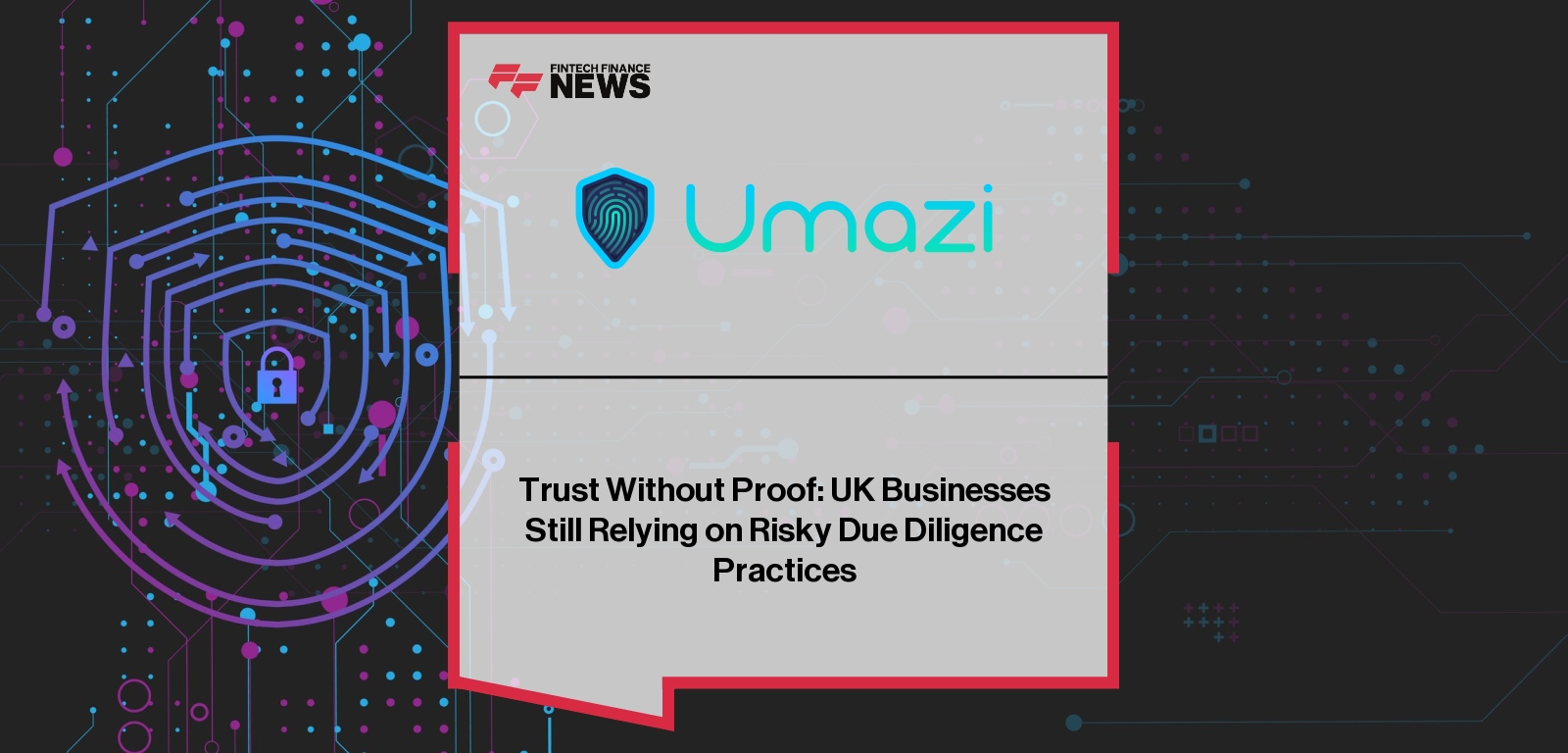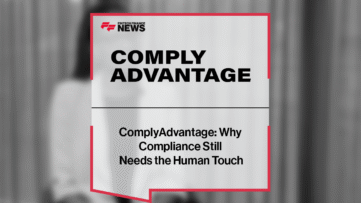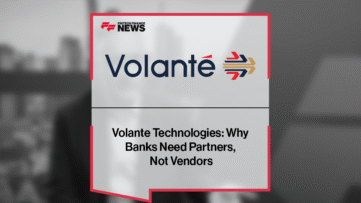Breaking News

Trust Without Proof: UK Businesses Still Relying on Risky Due Diligence Practices
Umazi UK business verification research reveals a troubling trust-risk gap, where companies still rely on reputation over proof when selecting partners. The report talks about how digital identity verification could help keep you safe from fraud, data breaches, and financial risk.
According to the findings in its report, Broken ID, Broken Growth: The UK’s Verification Chokehold, nearly 30% of UK businesses admit they don’t request any documentation when engaging with a business that has a “recognised industry name.” Even more worryingly, 29% of organisations say they knowingly accept the risk of working with entirely unverified businesses.
Despite growing concern over corporate identity theft, data breaches and fraud, over 20% of businesses say they perform no due diligence at all – citing a lack of tools or knowledge to do so.
“Not every business mistake can be undone. When companies engage with unverified partners, the fallout isn’t just a bad deal or a temporary setback; it can lead to financial collapse, legal exposure, and in the worst cases, needless liquidation,” said Cindy van Niekerk, CEO and Founder of Umazi.
“We’ve seen it time and again: a fraudulent supplier, a fake corporate identity, a data breach that spirals out of control, and suddenly a business that was stable is gone. And yet, this is entirely preventable.”
“The tools exist. Digital verification is not a future concept – it’s here now. We don’t need more cautionary tales. We need a cultural shift where trust is earned through verification, not assumed through reputation. This isn’t something to fix later, it’s something to fix now.”
The report also uncovers the persistence of outdated practices. 63% of businesses still feel comfortable emailing sensitive information to third parties, and 73% say they trust the recipient to store that data securely.
Van Niekerk continues: “The appetite for change is clear: 88% of respondents said that having access to a digital business identity that confirms a partner or supplier’s legitimacy would significantly improve the due diligence process. The same number also agrees that a universally recognised “trust stamp” – indicating a business has been digitally verified, would be invaluable. The issue is not only verifying others. Many businesses also reported frustration at the difficulty of proving their legitimacy to clients and partners, often having to repeat lengthy, manual processes that stall growth and damage trust.”
Umazi is calling on UK businesses to adopt a modern, digital-first approach to identity verification – one that protects against reputational risk, regulatory scrutiny, and financial harm.
Van Niekerk concludes: “In a high-risk, high-speed business world, trust without verification is a liability. We now have the technology to eliminate that risk and build a healthier, more resilient economy in the process.”
With the Umazi UK business verification report, the message is clear: to protect their reputation, companies need to stop doing business based on trust and start doing business based on verified engagement.
People In This Post
Companies In This Post
- Addresscloud Appoints Clair Bush as Fractional CMO to Support Scalable Delivery of Geospatial Risk Intelligence Read more
- Banking Transformation Summit | 19-20th May | Tobacco Dock, London Read more
- ComplyAdvantage: Why Compliance Still Needs the Human Touch Read more
- ING: Turning AI Pilots Into Production Read more
- Volante Technologies: Why Banks Need Partners, Not Vendors Read more


















